POWER COMPANY CLIMBING

TRAINING OPTIONS FOR EVERY CLIMBER
LEARN HOW TO USE OUR CIRCUIT TAPE:
Starting where you are is an important first step that is often missed.
When should you be growing your skill set and when should you be focused on one aspect of it?
Which is better – building a grade pyramid or a tower – and how might one or the other impact your future climbing?
How can we make sure we are getting the right thing – quality or quantity – in our climbing?
Joy Black is a strength and climbing coach specializing in working with pregnant and postpartum climbers.
Three athletes share their unique and ongoing journeys with vision loss and how climbing provides support.
Lucia Li and Noah Steinberg are an up-and-coming climbing power couple who had breakout seasons after training with our Ebook plans.
This week we're watching Devotion, a film about Olympian Jakob Schubert, released by Mammut!
Is bringing your phone into the climbing gym worth it? We're conflicted…
This week we're watching Passion, a film about Jonathan Siegrist from Arc'teryx!
Melissa Ruiz has been climbing and competing for six years and recently started climbing outside. To put it lightly, she is stoked.
Despite being constantly present and often the reason we fail, Rhythm is the most underrated of the Atomic Elements of Climbing Movement.
This week we're watching In Sequence: Katie Lamb and the Craft of Hard Bouldering from Patagonia Films!
Kris and Nate discuss the new climbing film, Soudain Seul, and lessons from it that we can use in our own climbing.
Long-time friends Nate and Ravioli Biceps discuss lessons they’ve pulled from video gaming that can help inform our climbing.
There's a fine line between reactive and proactive training. If you're constantly being corrective or reactive, you may want to rethink things.
Improving movement skills is by far the most abstract part of becoming a better climber. And arguably the most important part.
Allyson Gunsallus is a mom, climber, and director of an upcoming film series that will uncover the issues faced by climbers who are parents.
How should we separate training and performance when they both occur in the same environment?
Fallon Rowe has been climbing since 2003 and coaching since 2013.
Kris and Nate discuss their favorite protocols, both that they use themselves and in programming for their clients.
Sent in from YouTube subscribers, clients, and more, Kris answers more questions about climbing movement in this Part 2!
There’s A LOT of great information out there on how to climb harder. But it’s tough to sort through…
Sent in from our Patrons, Kris answers questions about what you want to know most when it comes to climbing movement.
Short climbers are good at getting scrunchy, and tall climbers are good at climbing extended, right? Wrong.
Kris and Paul dig into a paper that presents and then tests a method for measuring movement skills in sport climbing.
Ben Mayforth is a highly-disciplined Paraclimbing World Cup multi-medalist who is known for dialing in his training regimen.
Nate talks movement analysis and technique in a consultation with host Ryan Devlin on The Struggle Climbing Show.
Returning to the common sense of how and why we do this thing should be common practice – but it rarely is.
When it comes to projecting, how do you know when to walk away?
There’s A LOT of great information out there on how to climb harder. But it’s tough to sort through…
Do you really have terrible willpower? Or are you surrounded by distractions and obstacles?
There is a common theme between a grilled cheese sandwich and good training advice.
It’s far more comfortable for us to blame ignorance for our lack of progress than it is to blame our own efforts.
Whenever there is a training article online or some tidbit of knowledge on social media, it’s important that you consider the context.
Improvement comes from challenges, not from the number they are given. If you focus on being challenged and trying hard, then the numbers will follow.
“How much better would you be if you had all of those days back?”
Travel can bring you to new rock with new styles in new places, all of which can improve your climbing.
I don’t have much experience with making rock climbing feel easy. What I do have experience with is transforming myself from a lover of 5.10 trad climbs to a sender of 5.13 sport climbs.
It’s been a wonderful pump-free five years, but that time has come to an end.
We've been asked often who our trusted sources of information are. And we know there’s a LOT out there. So here are some of our favorites.
“Learn how to train, then train hard, then train smart. Most people will never have to go past step two.”
If you want to be physically prepared for rock climbing, you need to concern yourself with the following components:
A lot of us feel like we know the right answers, but aren’t sure which out of the seemingly endless stream of "right answers" we should be using.
If you want to be better prepared this season, the time to start planning your training is NOW.
Dealing with shoes that don’t fit perfectly can be very uncomfortable and can make climbing miserable.
One comment I often get is that a client wants to train hard and be dedicated to climbing while remaining healthy and injury free.
Arthur writes: I'm a month away from a climbing trip… What is the optimal program for overall climbing fitness?
You can almost always find a reason to continue training the short-sighted way.




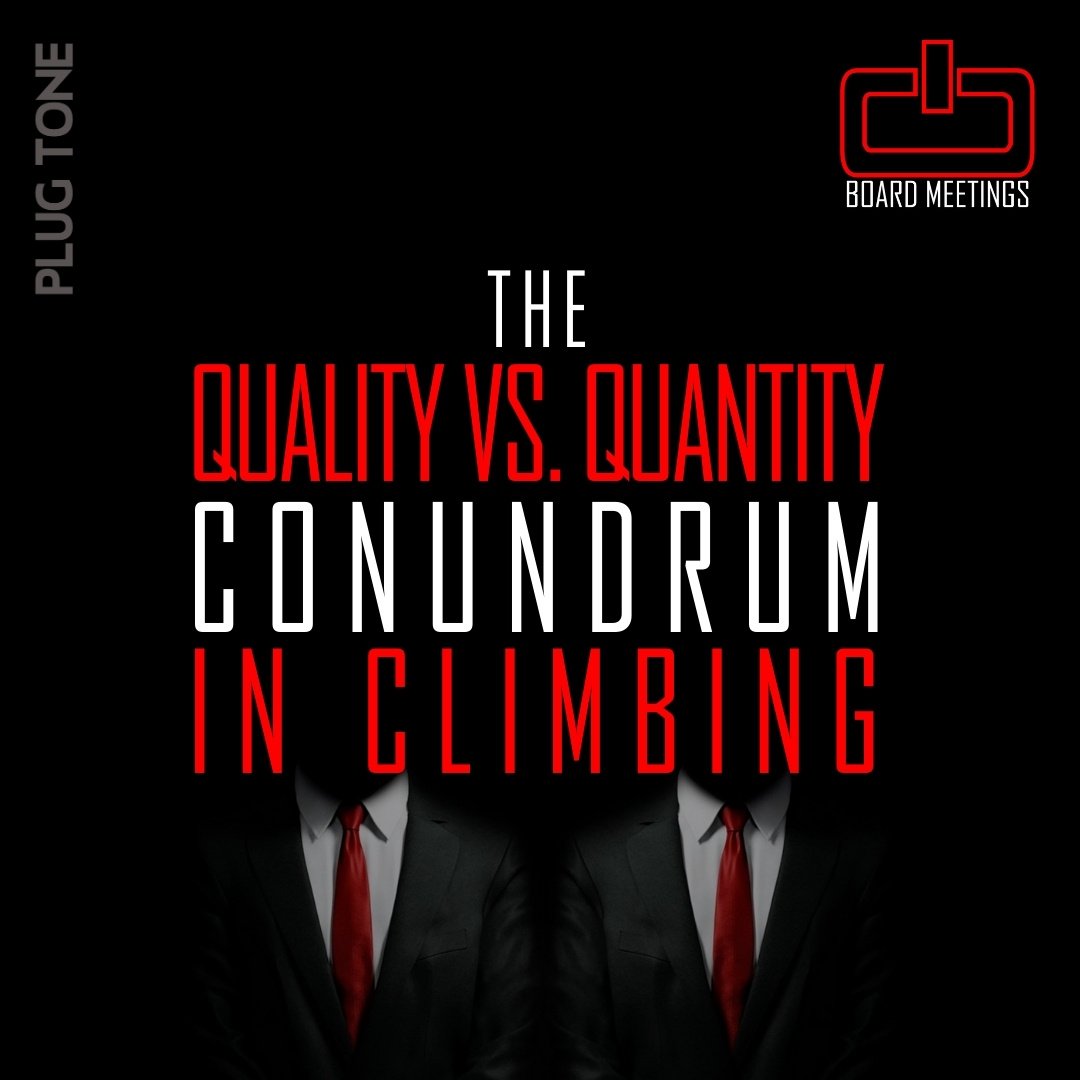





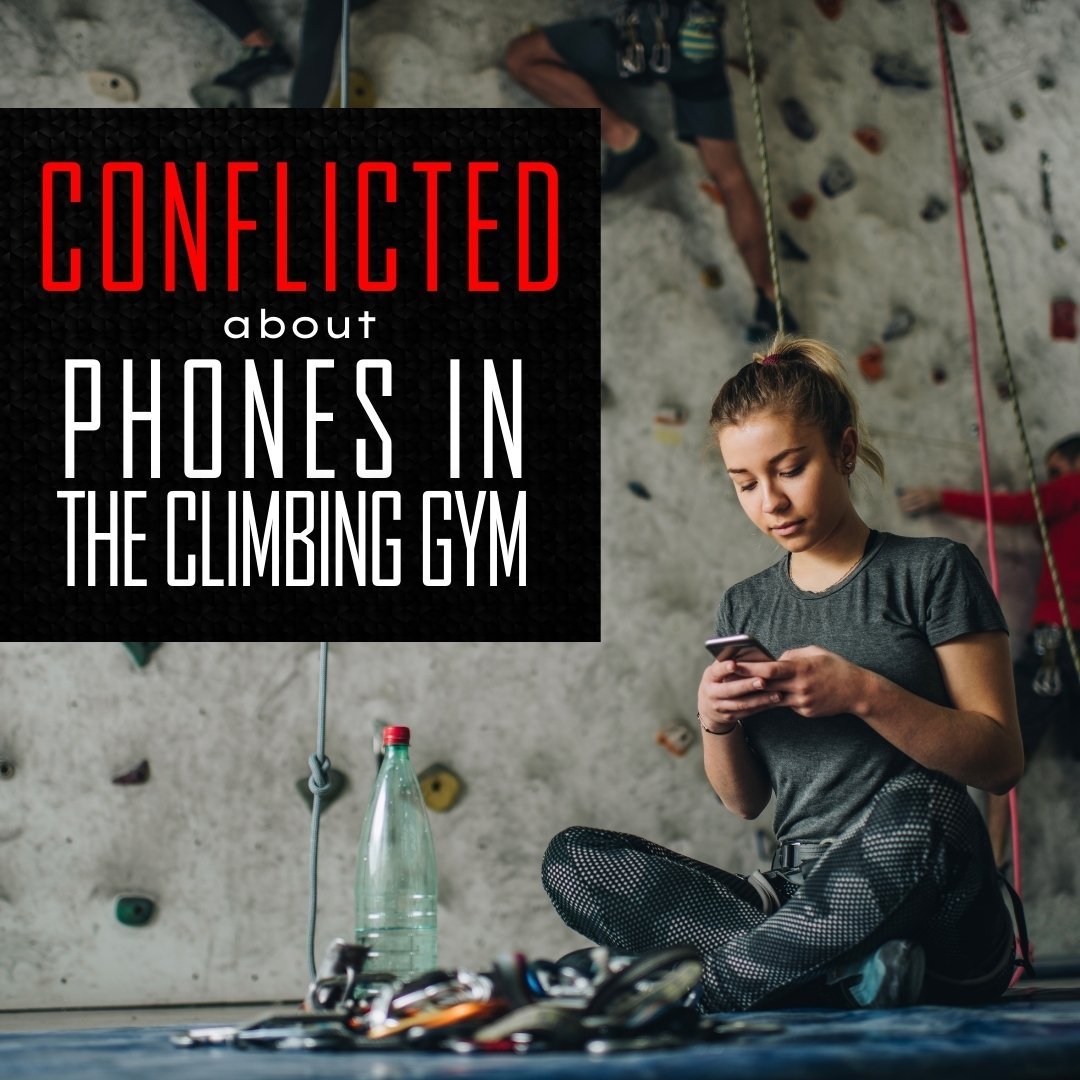


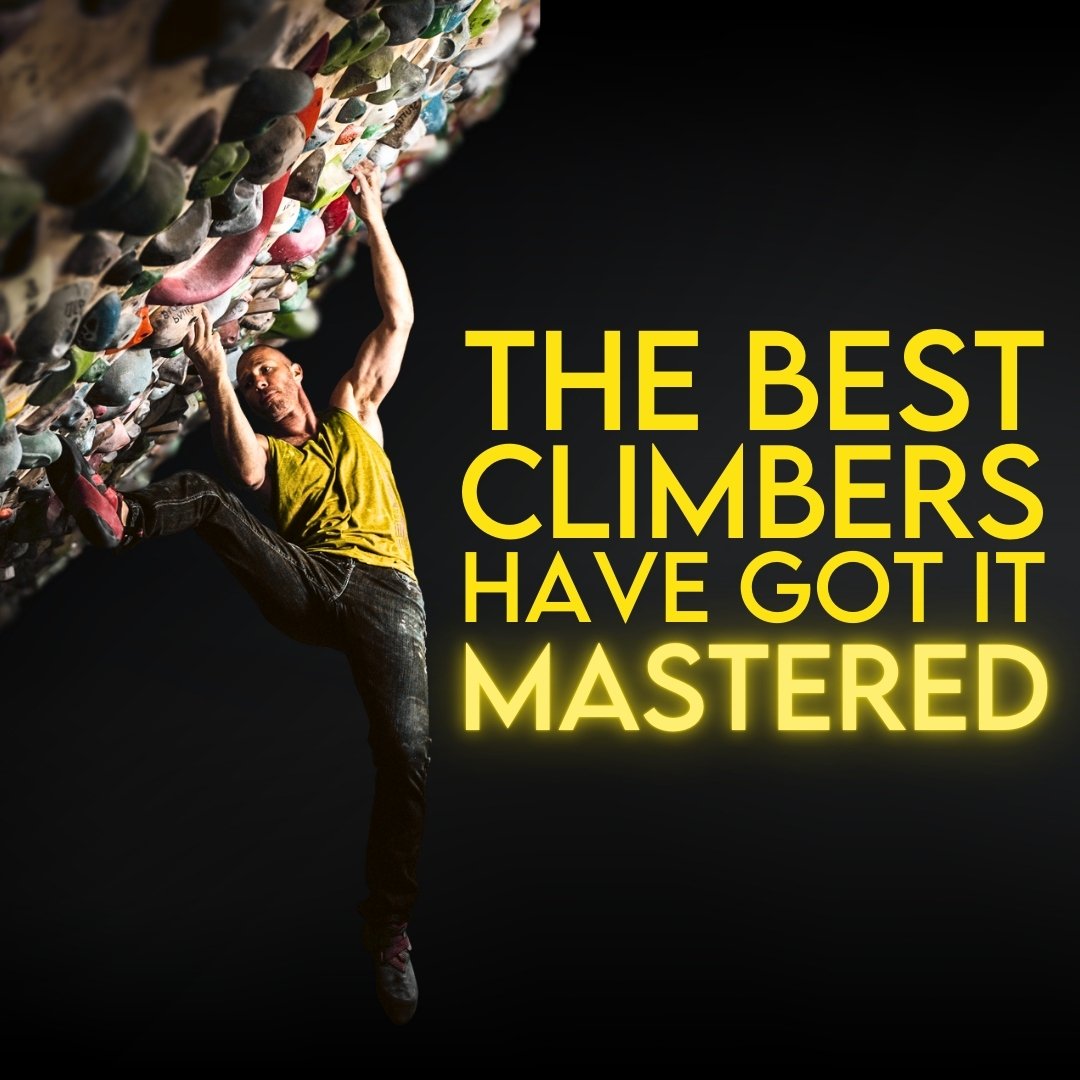
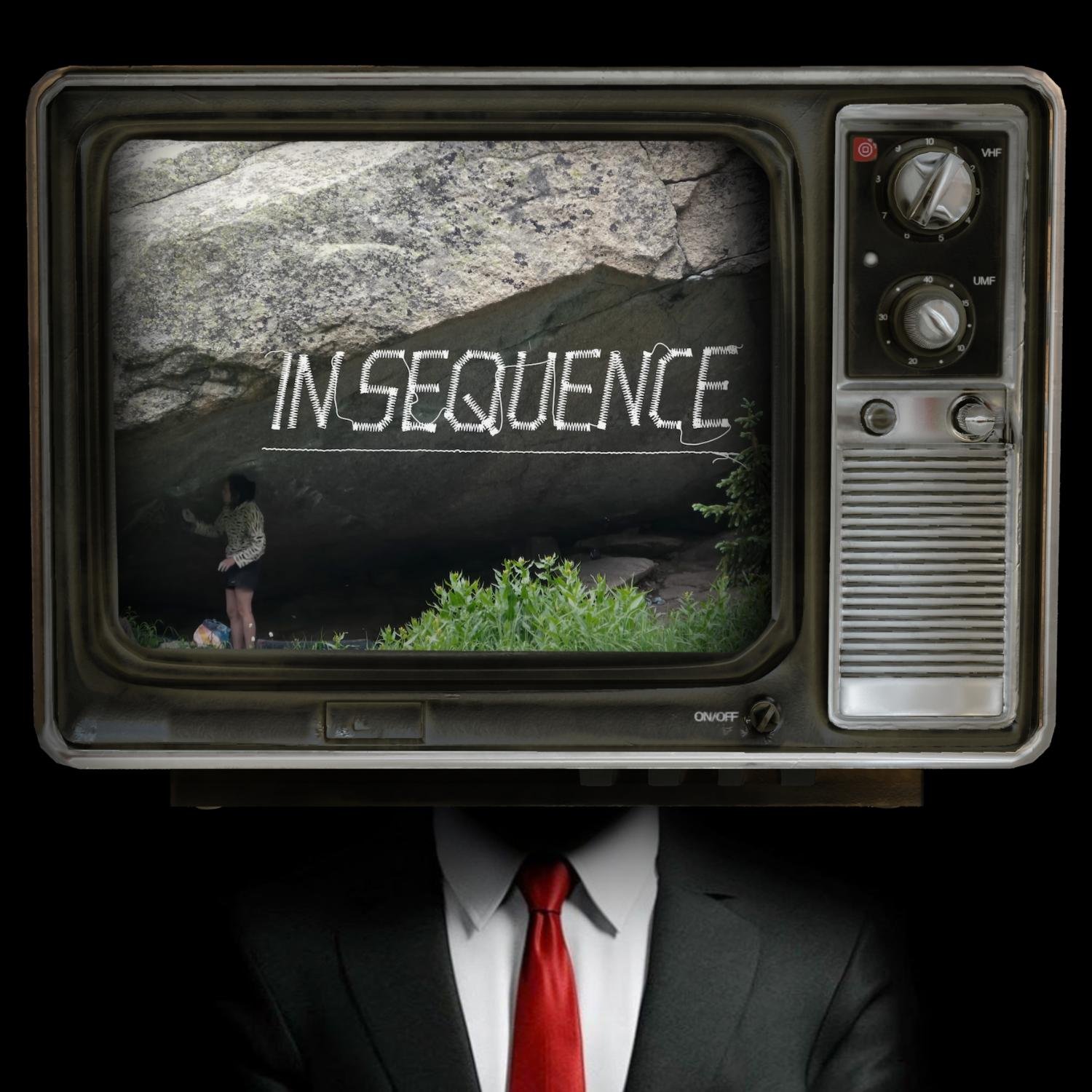
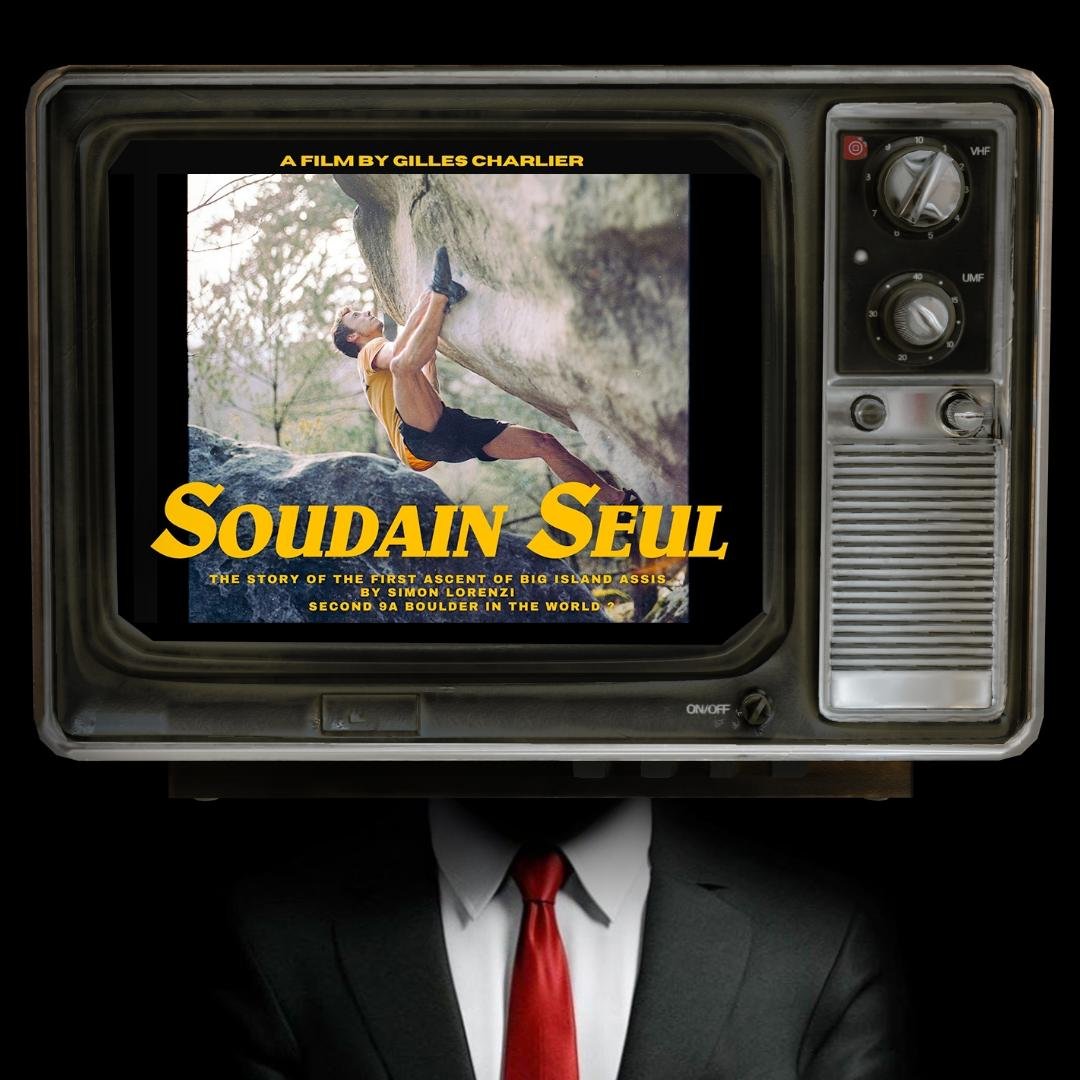

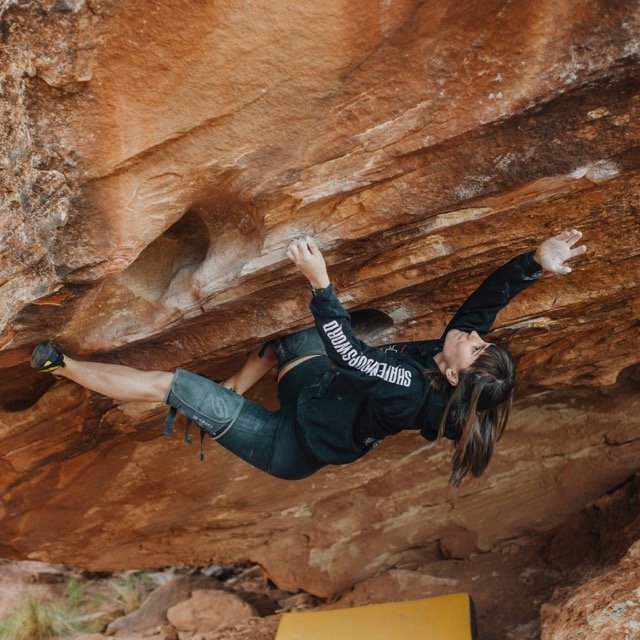

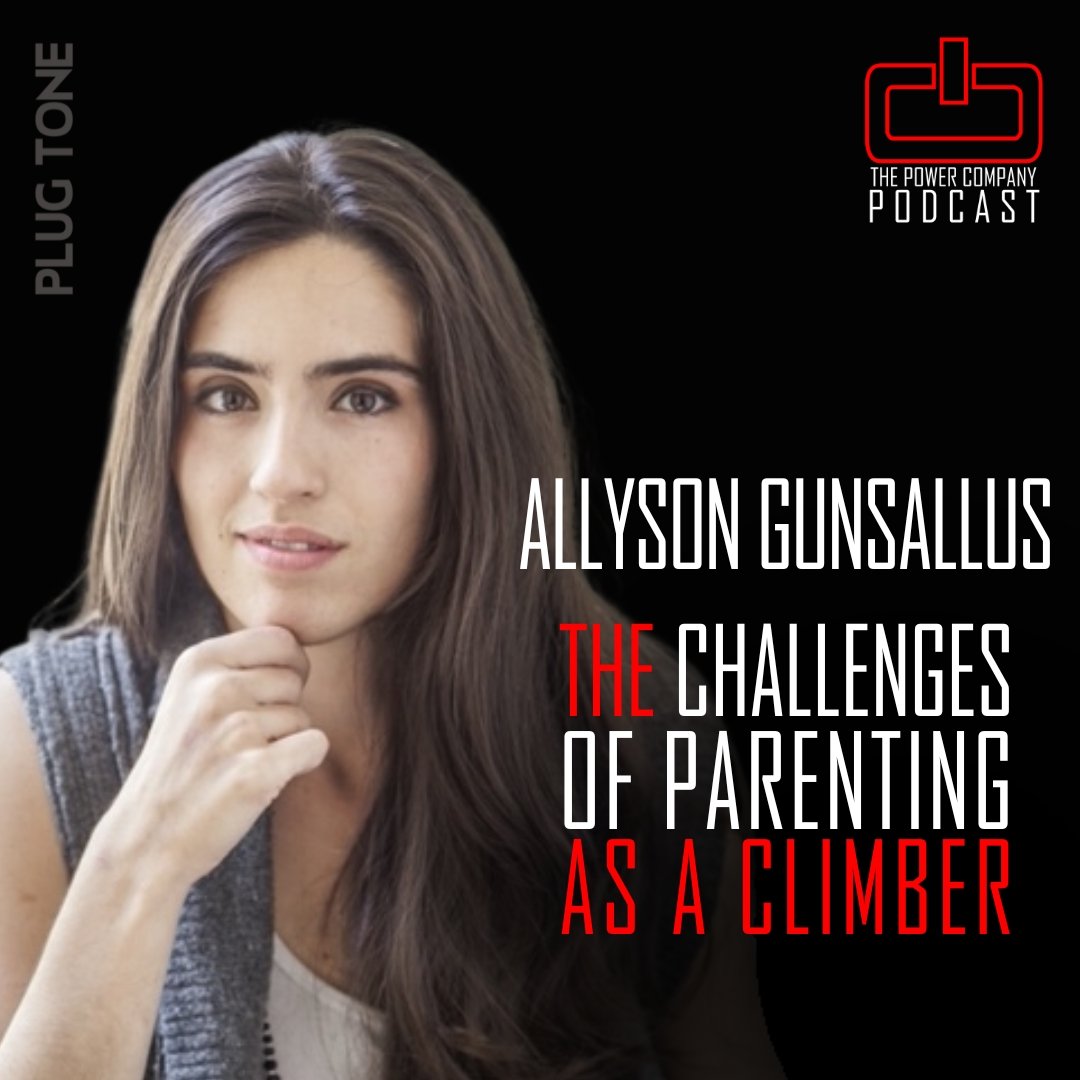



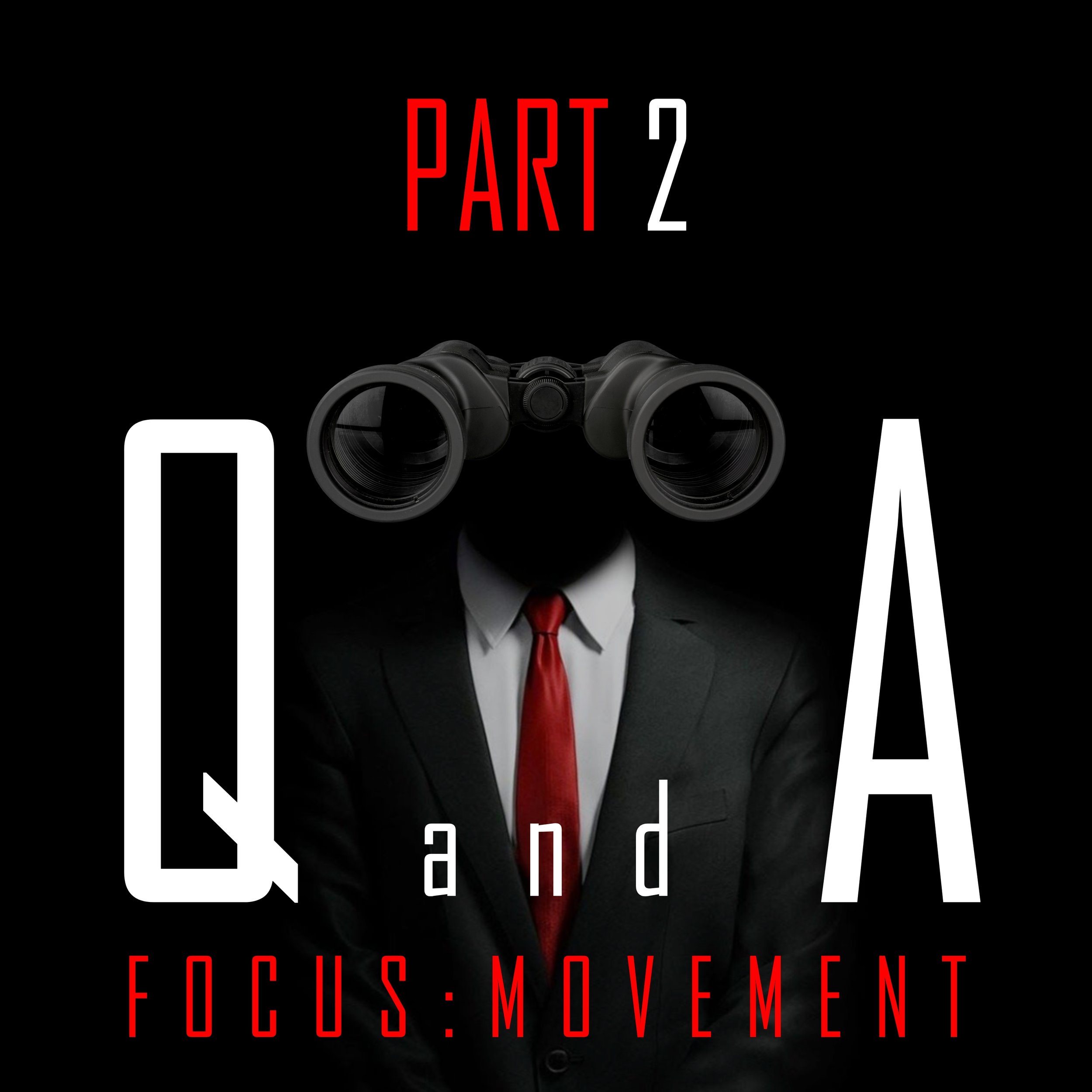

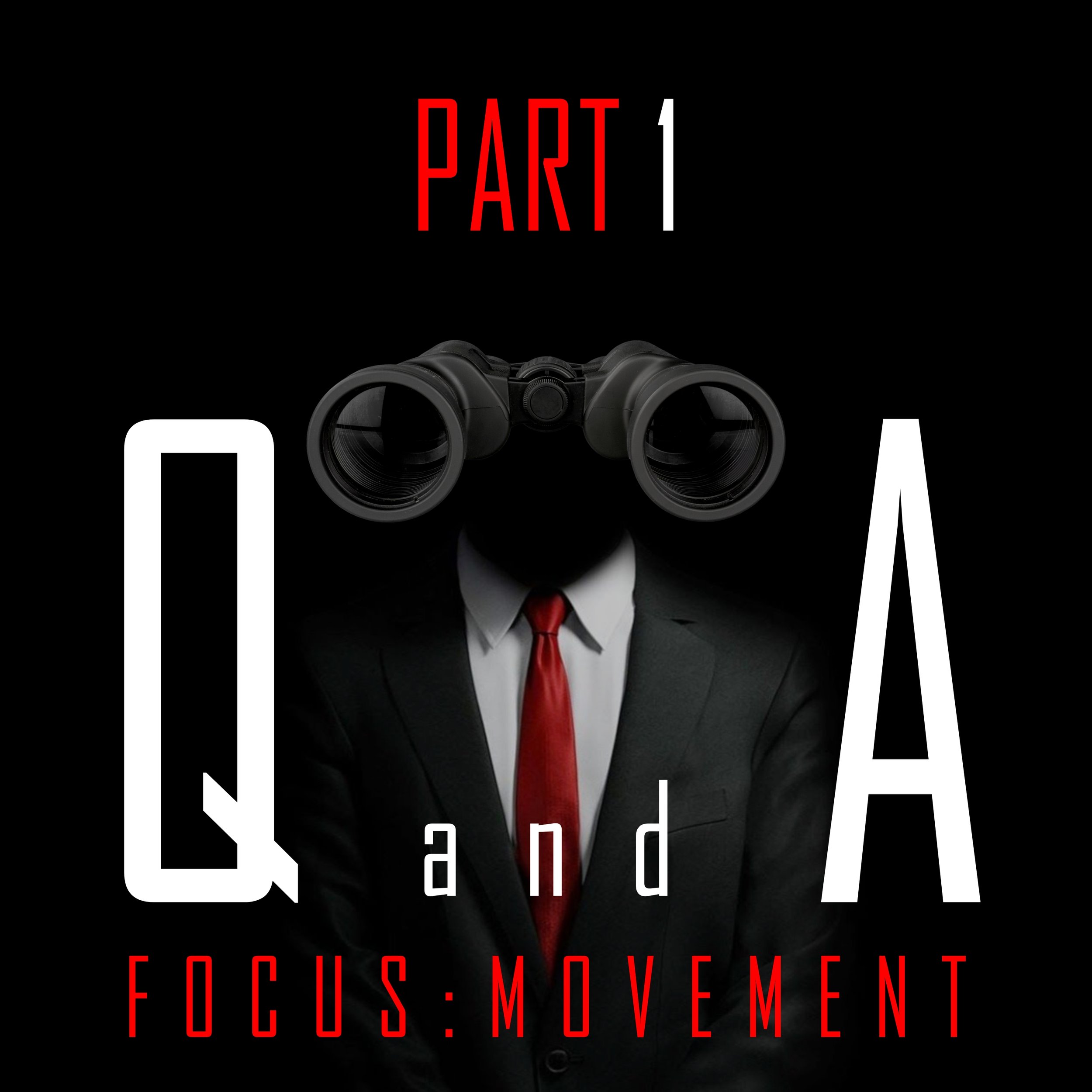

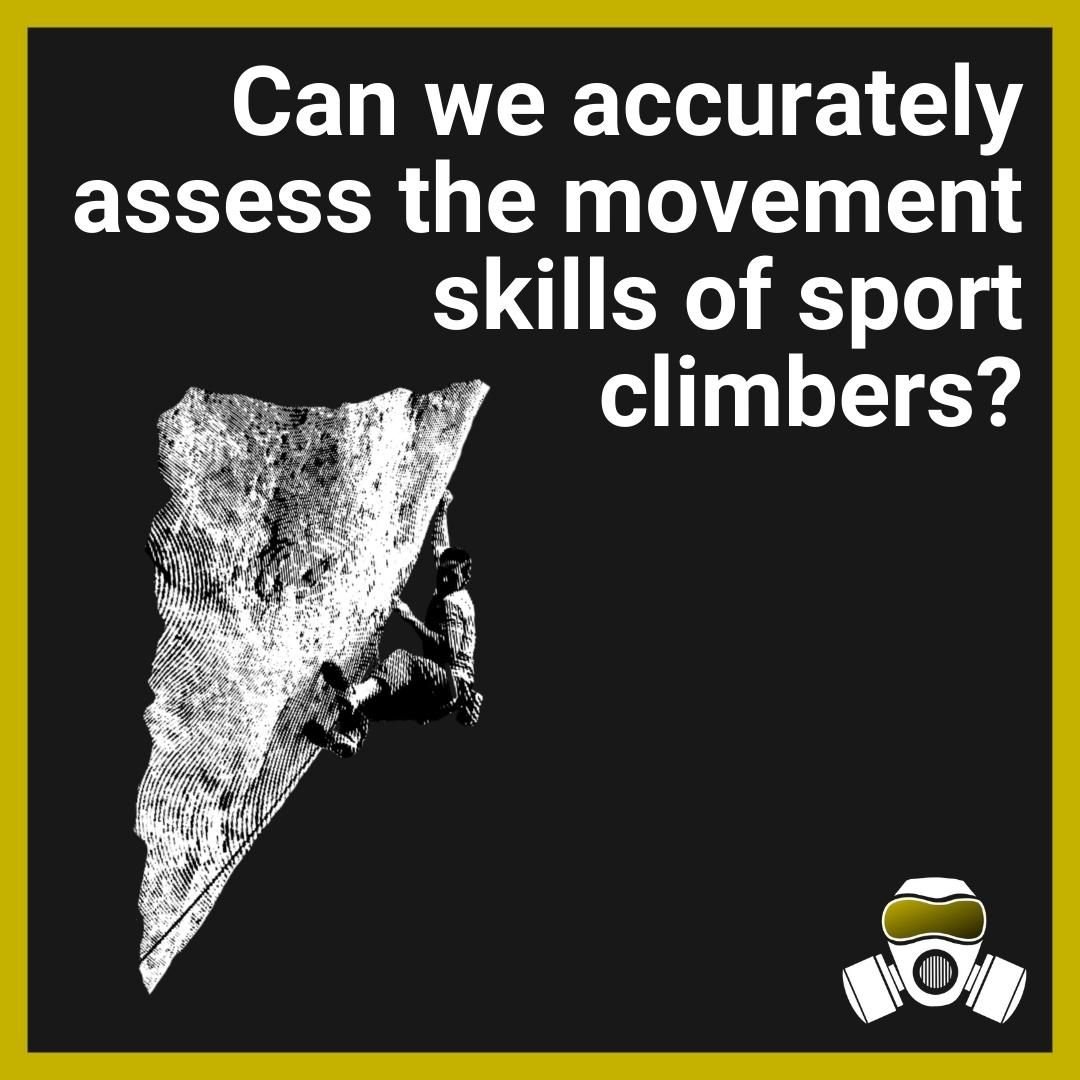
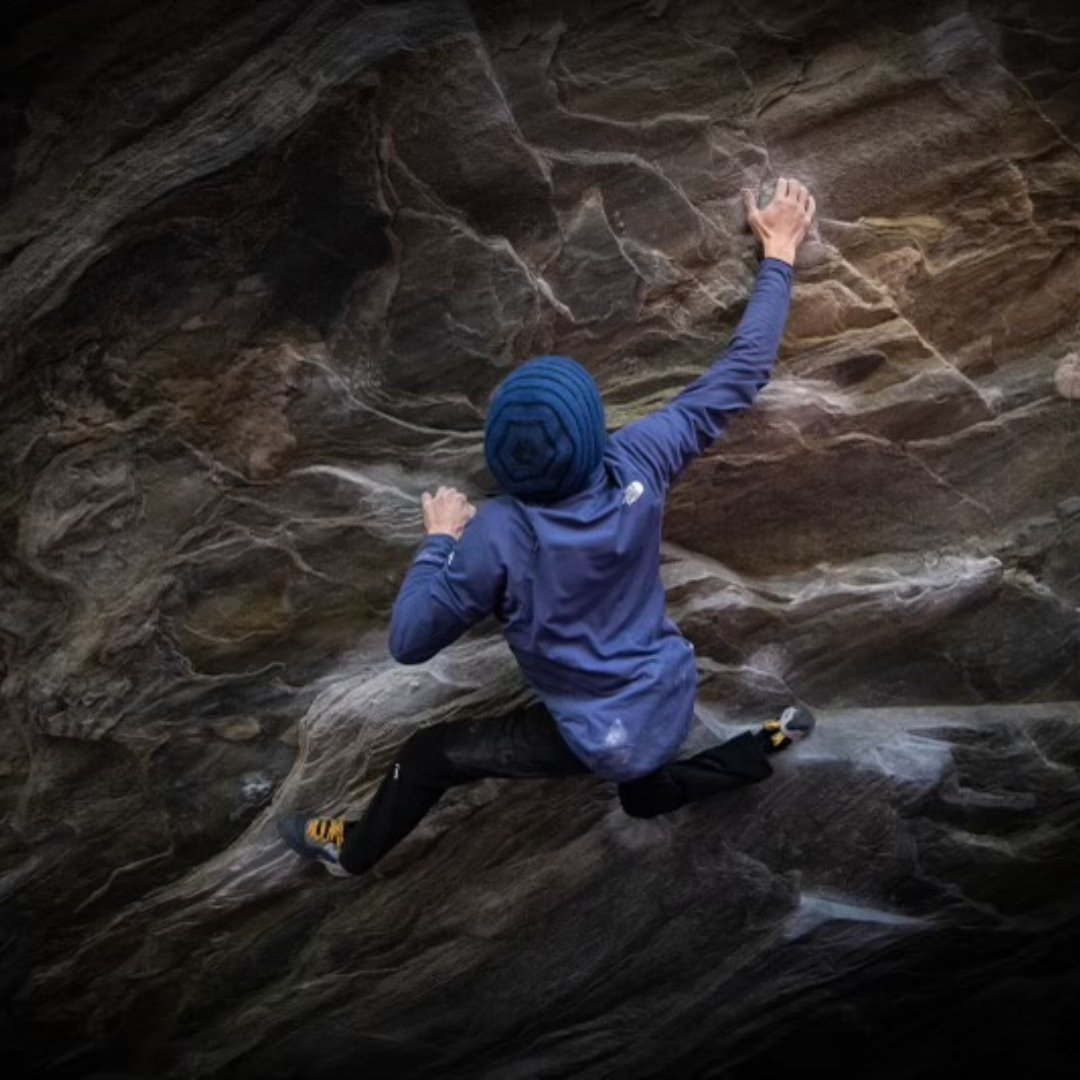









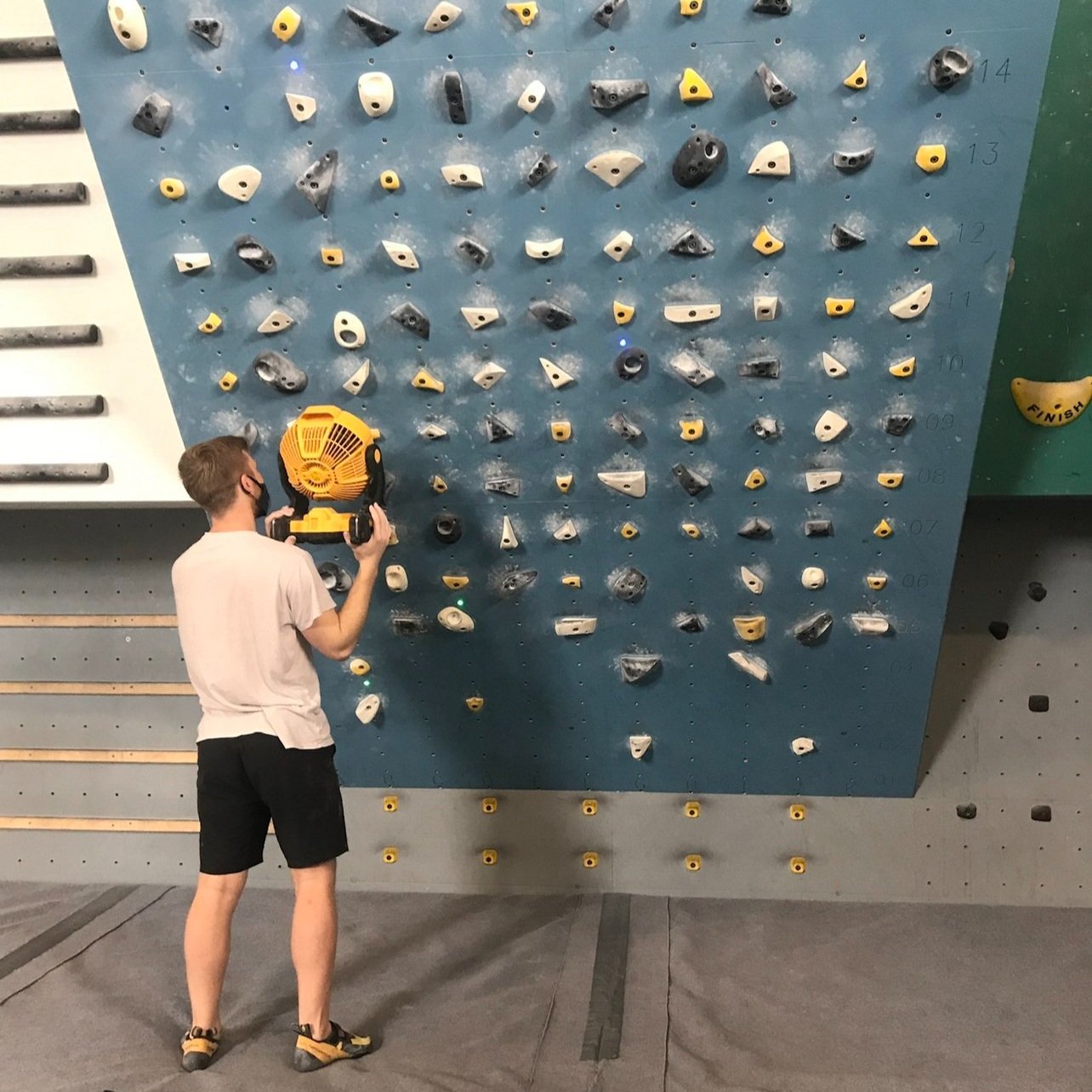






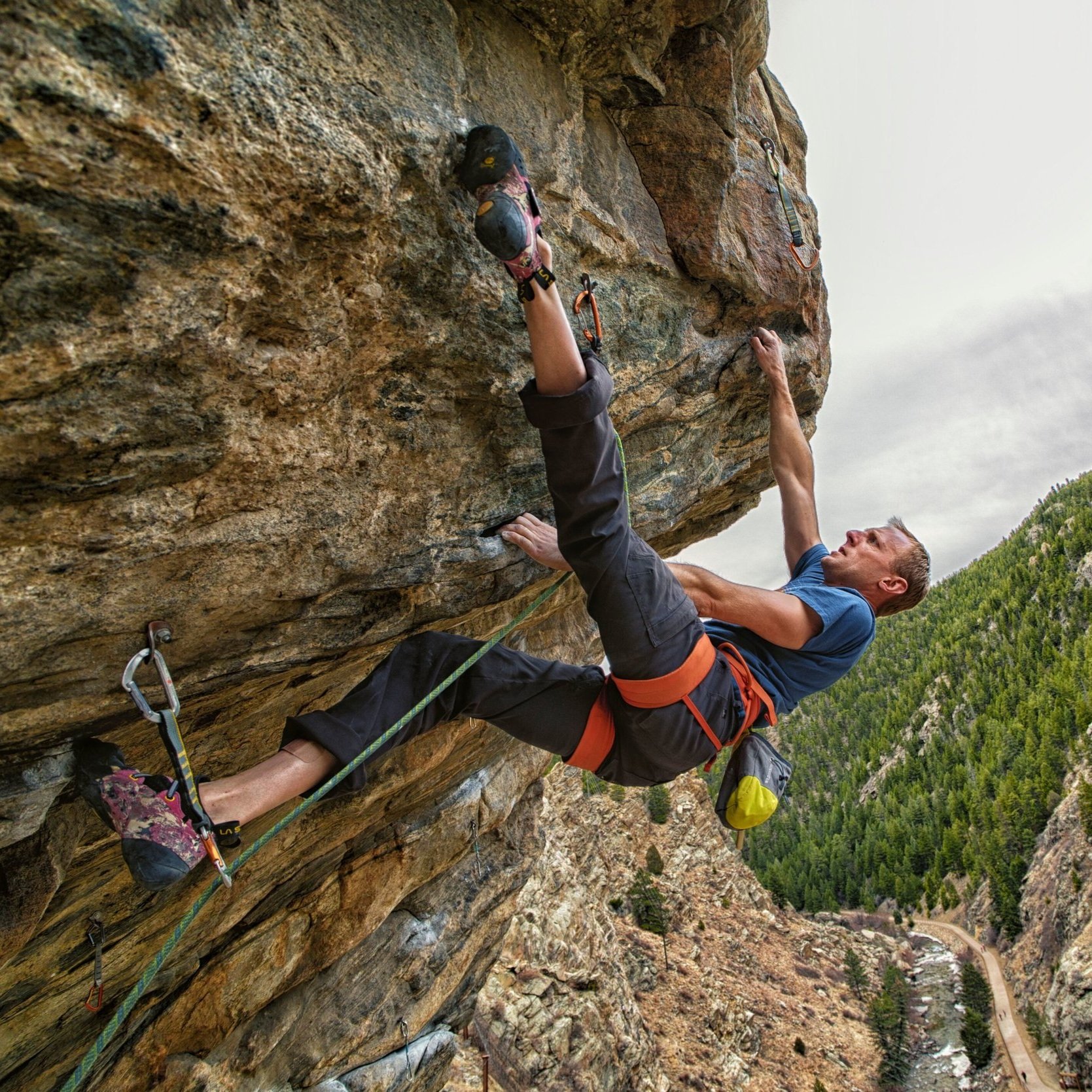

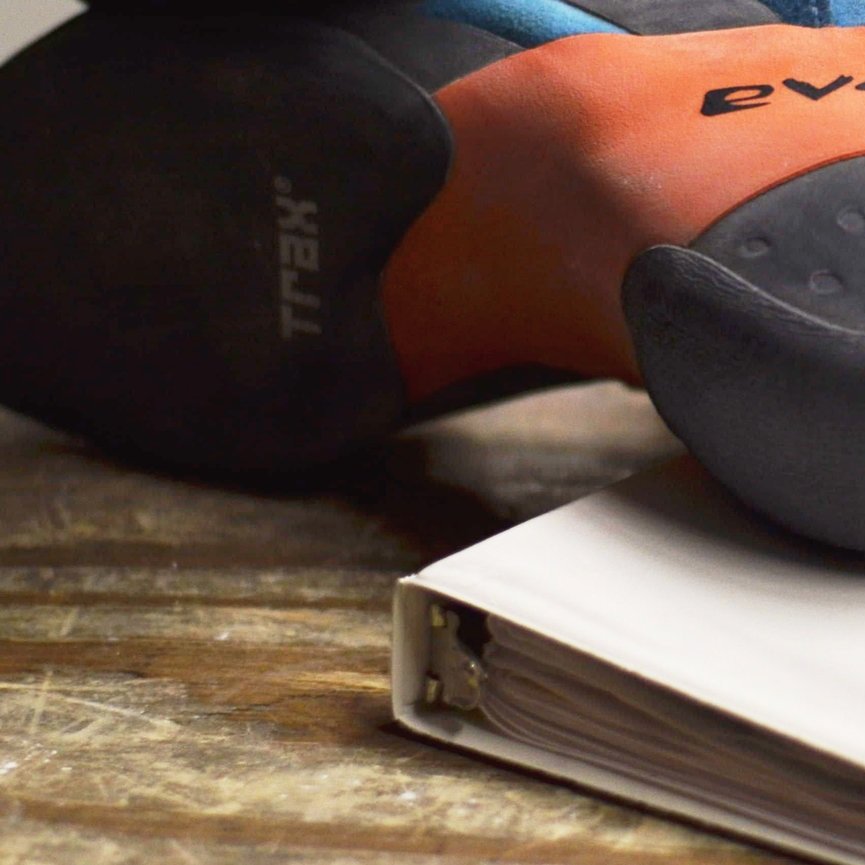
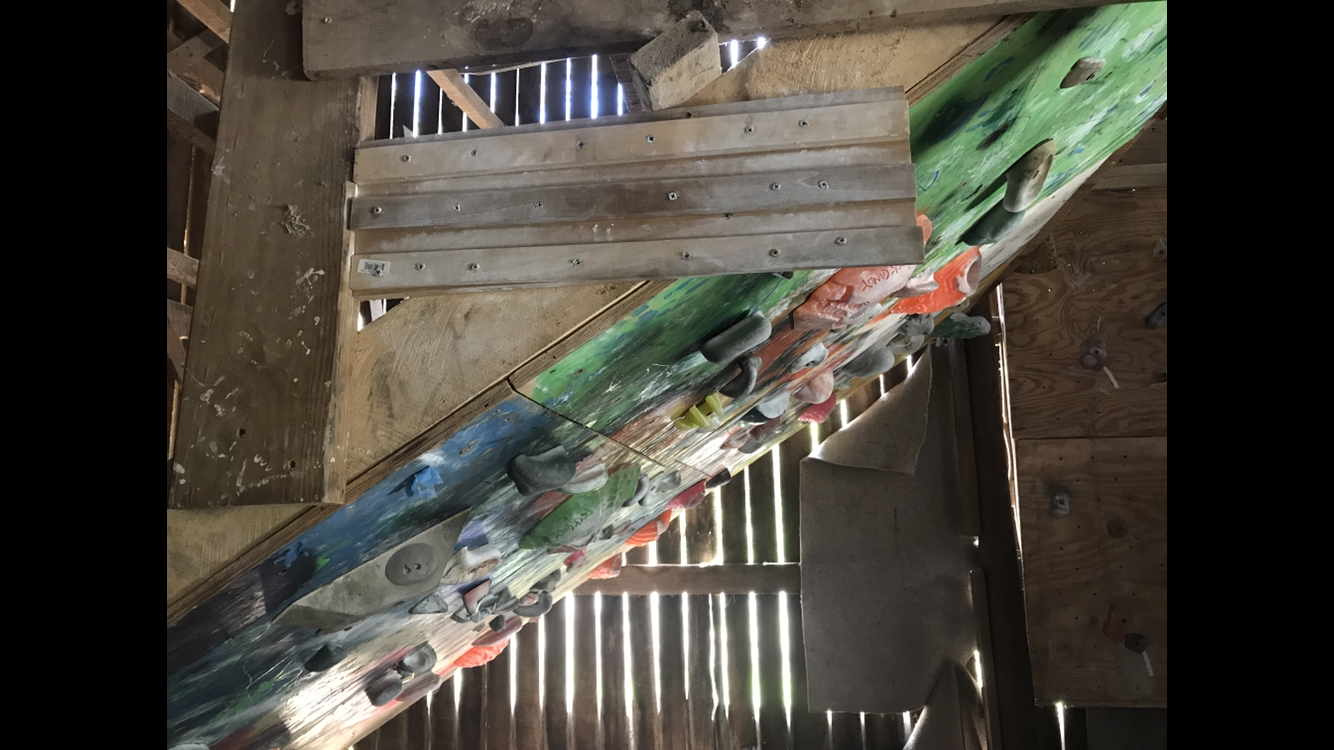











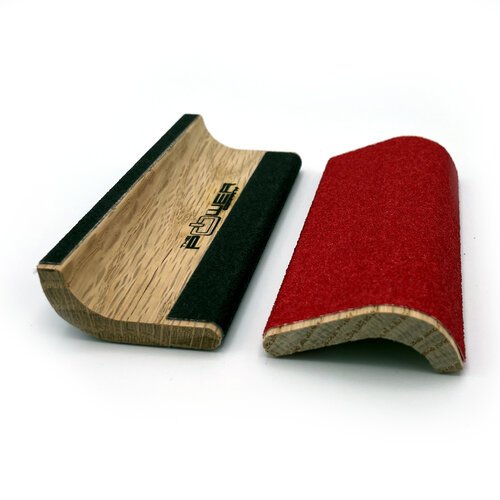

How do you know which is right for your situation?